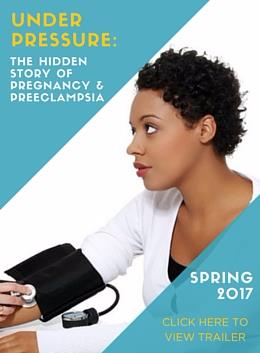The most exciting days during pregnancy are often the days that ultrasounds are scheduled and parents get an inside look at their baby in the womb. From finding out the sex of the child, to counting fingers and toes, ultrasounds can offer mothers peace of mind and excitement, as well as offer important forewarnings of potential concerns.
On the flip side, there are often questions as to whether or not having frequent prenatal ultrasounds can pose any risk to baby or mother. We turned to Dr. Kecia Gaither, Director of Maternal and Fetal Medicine and OBGYN at Brookdale University Hospital in Brooklyn, NY for insight on these concerns.
Dr. Gaither explains that the benefits of sonography and tracking the progress of a baby in utero far outweigh any risk. She explains, “Ultrasound has been around for many years, but shortly after its introduction, many had raised questions as to its safety. The major biologic effects of ultrasound are believed to be thermal (a rise in temperature) and cavitation (a production and collapse of gas-filled bubbles). These effects have not been shown to have any clinical impact in humans. To date, there are no recent studies that have identified any long term effects of sonography.”
The AIUM (American Institute of Ultrasound in Medicine) is an organization that not only promotes excellence in diagnostic ultrasound, but also recommends certain standards by which sonography is performed in the various specialties. In the past, their bioethics committee has partnered with makers of ultrasound equipment and the FDA to ensure certain guidelines exist to that ultrasound is performed safely – obviating any effects from thermal energy, specifically TI (thermal index) and MI (mechanical index).
The bottom line – keep showing those ultrasound snapshots of the little bundle in your belly with pride. There are absolutely no negative effects or risks that have been linked to prenatal ultrasounds.






